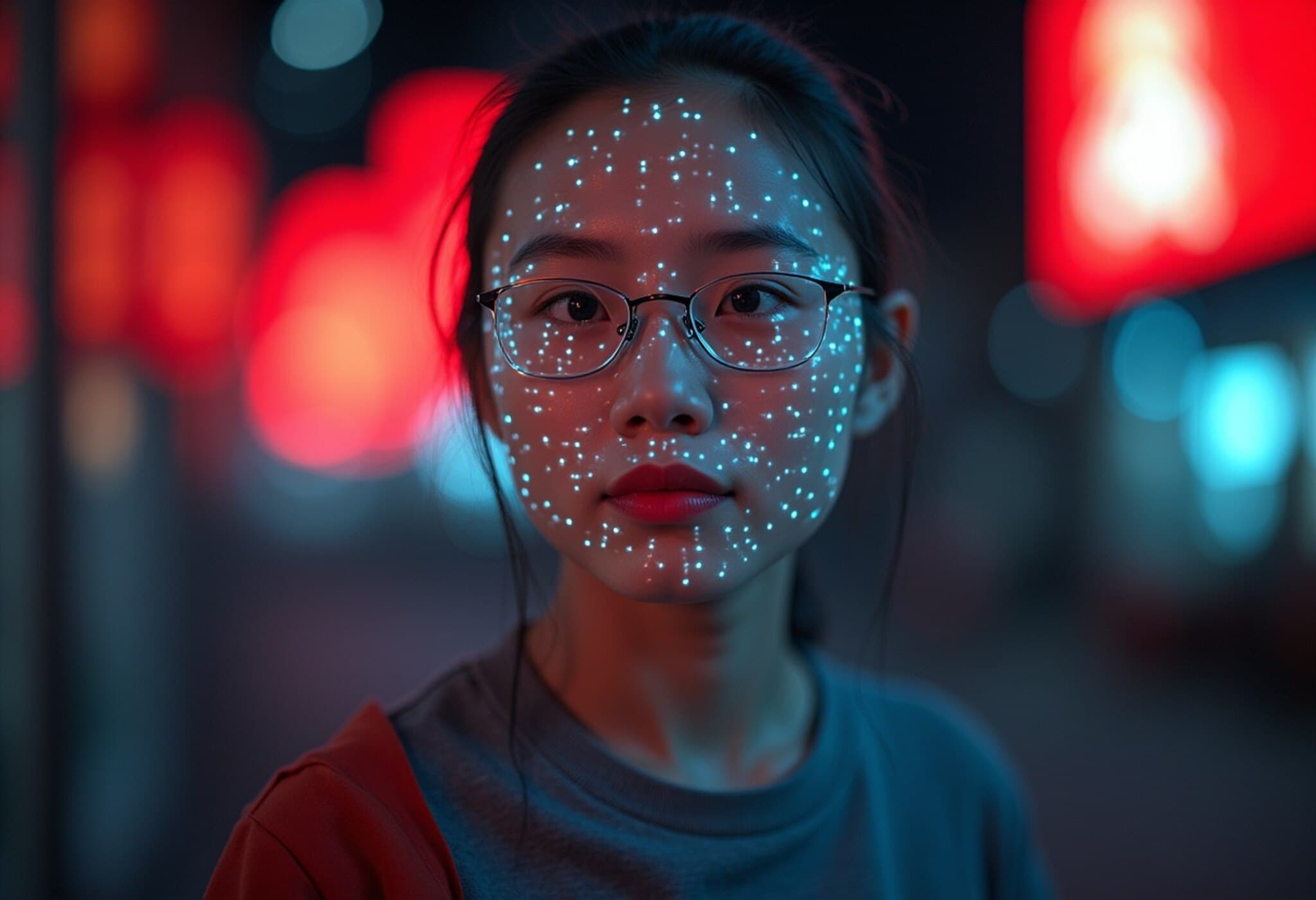US Court Backs Meta in Landmark AI Copyright Case
A significant legal battle has ended in favor of Meta after a U.S. District Court judge ruled that the company's use of copyrighted works to train its Llama AI model falls under fair use. The decision marks a major development in the ongoing disputes over the use of copyrighted content for artificial intelligence training.
What the Court Decided
Judge Vince Chhabria of the San Francisco District Court determined that Meta’s incorporation of copyrighted materials into its AI training was "transformative enough" to qualify as fair use under copyright law. This ruling highlights the evolving legal landscape surrounding generative AI, which depends on vast data to develop its language models.
However, the ruling also recognized the authors’ concerns about the commercial impact of AI tools. The judge acknowledged that these technologies, while transformative, create tools that could potentially flood the market with competing works, thereby harming the original literary market.
"No matter how transformative (generative AI) training may be, it's hard to imagine that it can be fair use to use copyrighted books to develop a tool to make billions or trillions of dollars while enabling the creation of a potentially endless stream of competing works that could significantly harm the market for those books," Chhabria noted.
The Stakes for Authors and AI Companies
Recognizing the massive data demands of generative AI, many artists, authors, musicians, and news organizations have filed lawsuits complaining that AI firms used their copyrighted content without permission or compensation. They argue these practices undermine the creative industries.
On the other side, AI companies defend their actions by invoking the fair use doctrine, claiming AI training is inherently transformative and essential for technological progress.
Meta's Response and the Path Ahead
Responding to the ruling, a Meta spokesperson emphasized the importance of fair use in the development of open-source AI models that foster innovation, creativity, and productivity for both individuals and organizations.
The specific lawsuit involved allegations that Meta downloaded pirated copies of copyrighted books, including prominent titles like Sarah Silverman’s The Bedwetter and Junot Díaz’s Pulitzer-winning The Brief Wondrous Life of Oscar Wao, to train its Llama AI model.
Despite ruling against the authors’ claims, Judge Chhabria clarified that the decision does not universally legalize Meta’s use of copyrighted works for AI training. Instead, it reflects that the plaintiffs failed to present a strong enough case under the current legal framework.
Implications for Future AI Development and Copyright Law
This verdict signals the complexity and nuance courts face as they balance innovation in AI with the rights of content creators. While the ruling favours Meta this time, the debate over fair use in AI training is far from settled, suggesting ongoing legal battles and legislative scrutiny ahead.
- Fair use is confirmed as a pivotal but contested legal principle in AI development.
- The ruling underscores the transformative nature of AI training but raises questions about market impact on creative works.
- The case highlights the need for clearer guidelines to protect both innovators and original content creators.
As generative AI continues to evolve rapidly, its intersection with copyright law promises to remain a hotly contested frontier.



















